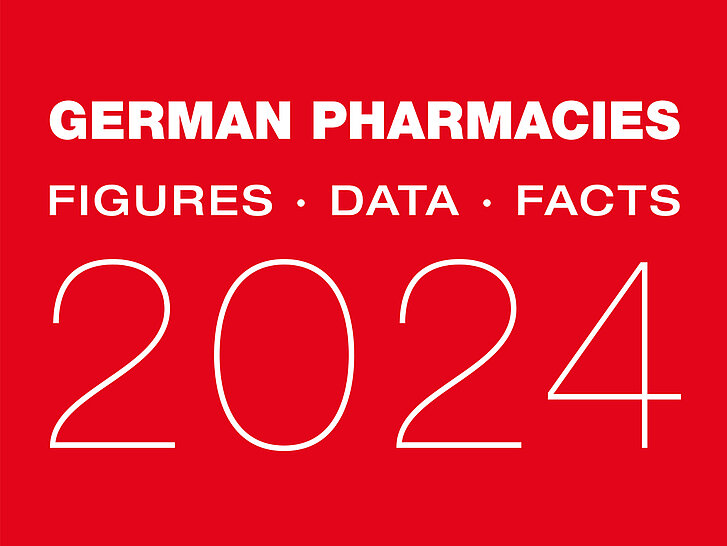Value Added Tax in the EU
In Germany, the value added tax (VAT) levied on all drugs is 19 per cent. This is the "regular" VAT rate in the country. In contrast, there is a "discounted" VAT rate of 7 per cent which applies to important products, such as food or books. A long list defines which products are exempt from the full VAT rate in order to lower their price and promote their use. This unfavourable tax treatment of drugs makes Germany an exception within the European Union. Apart from Germany, only few other EU member states apply the regular VAT rate instead of the discounted one to drugs.
The "Dusseldorf Declaration" of 2007 was an attempt to draw public attention to the nuisance of applying the regular VAT rate to drugs in Germany. Pharmacists, manufacturers, wholesalers and consumer protection activists joined forces and demanded to lower the VAT on drugs from 19 to 7 per cent. They argued that life-saving drugs are more valuable to the society than certain kinds of luxury food which are exempt from the full VAT rate. Also, they pointed to the fact that Germany's statutory health insurers would save money to the benefit of their insured members.
Every year, Germany's statutory health insurers spend several billions of Euros on VAT on drugs, i.e. almost 16 per cent of all drug expenditures. That is more money than the annual services of all pharmacies cost them. If the VAT on drugs were lowered from 19 to 7 per cent, Germany's statutory health insurers could save some billions of Euros every year. In this case, the contribution rate of all insured members could be lowered.


